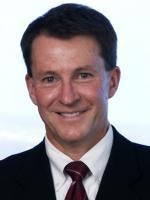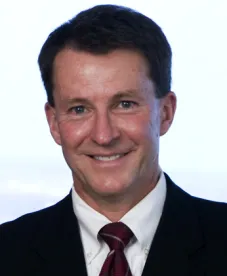The Superfund Recycling Equity Act (“SREA”) fee shifting provision puts PRP groups seeking contribution under CERCLA from generators of “recyclable material” at risk of paying the generators’ attorneys’ fees if the generator’s defense succeeds. A federal district court recently ruled that a PRP group seeking contribution under CERCLA must pay the attorneys’ fees incurred by a mining company targeted by the PRP group for contribution. Evansville Greenway and Remediation Trust v. Southern Indiana Gas and Electric Co., Inc.., No. 07-00066 (S.D. Ind. Feb. 25, 2011), Dkt. 917.
Previously, district courts have refrained from awarding defense fees under SREA on the grounds that it would result in “manifest injustice” because the retroactive application of SREA (enacted in 1999) would impose a fee-shifting component that did not exist when the contribution actions were initiated. See, e.g., RSR Corp. v. Avanti Development Inc., 2000 WL 1449859 at *4 (S.D. Ind. 2000) (“The plaintiffs made their decisions about whom to sue at a time when CERCLA did not allow a prevailing party in a contribution action to obtain costs and fees from its burden. To burden that decision now with the imposition of the attorney and expert fees of any defendant that prevails under the SREA seems inconsistent with the ‘familiar considerations of fair notice, reasonable reliance, and settled expectations’ mentioned by the Supreme Court.”); see also U.S. v. Mountain Metal Co., 137 F.Supp.2d 1267, 1282 (N.D. Ala 2001).
In Evansville Greenway, the court determined that the third-party defendant, Solar Sources, Inc., qualified for an exemption to CERCLA liability established by SREA. Specifically, the court found that Solar Sources had “arranged for recycling” because it sold scrap metal that met a “commercial specification grade for which a market existed,” and that a “substantial portion of the scrap was made available for use in the manufacture of a new product. This satisfied the SREA requirements for scrap metal generators set forth in 42 U.S.C. 9627(d).
Having determined that Solar Sources prevailed in its SREA defense, the court then awarded attorney and expert fees under the statute’s fee-shifting provision, 42 U.S.C. 9627(j). Without referring to the prior case law interpreting this section, the court matter-of-factly awarded the fees “as we are required to do under the statute.” The third-party complaint against Solar Sources was filed by the PRP group in 1999, after SREA was enacted, but the court did not discuss this timing in awarding defense fees.
Accordingly, PRP groups must carefully consider the risk of liability for defense fees and expenses prior to filing contribution actions against generators of material that potentially falls within the scope of SREA’s exemption.




 />i
/>i

